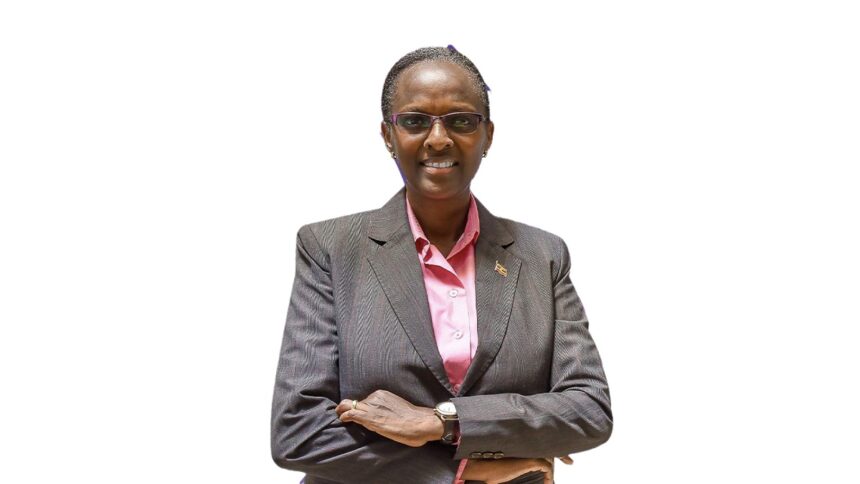The newly appointed Director of the Law Development Center, LDC, Dr. Pamela Tibihikirra-Kalyegira, has called for far-reaching reform in legal education within and outside the courts of law by proposing that pre-entry examinations are introduced for all candidates who wish to study law throughout the country. According to her, this would raise the quality of legal education since only qualified candidates would pursue a law degree.
Dr. Tibihikirra was a stalwart member of the bench in Uganda, having served as the Dean of the Faculty of Law at Uganda Christian University and the Chairperson of the Uganda Law Reform Commission, who had decried the current mode of admission. She pointed out that the existing system allows candidates with just two principal passes to enroll into law schools, which compromised standards among law graduates who later sought admission to the LDC for a Diploma in Legal Practice.
She indicated the problems posed by the current timing of the pre-entry exams conducted at the LDC stage, when students had already invested significant time and financial resources in the undergraduate law degree course. Dr. Tibihikirra emphasized that the system of legal education, in introducing pre-entry exams at the undergraduate level, would ensure a filtering-out of the less qualified earlier to do away with another barrier at the LDC stage.
My problem with the pre-entry, part of it, is what the Attorney General said; it’s coming late. Pre-entry at LDC, you have already spent your four years in law school; you’ve sold your cows; you’ve sold your land; you have invested in time and effort to get this law degree. So, to meet yet another barrier is perhaps not fair,” said Dr. Tibihikirra. She feels this is because a more stringent sieving process at the law school level would ensure that only those students who are capable of joining the program are admitted, consequently raising the standard of entries in the legal profession.
Presently, a few universities like Makerere University require that candidates pass a pre-entry exam before being admitted to the Bachelor of Laws course. However, most of these private institutions will admit students with at least two principal passes at A-level, hence the observed quality differences in law graduates. According to Dr. Tibihikirra, the lack of uniformity in requirements regarding admissions has had an influx of underqualified students, which impacts negatively on the general quality of legal education within the country.
She also attacked the ‘dumbing down’ of certain universities, which, she said, hand out far too many first-class degrees. That makes the LDC’s task of treating applicants fairly for the Diploma in Legal Practice even harder, as it cannot know whether students from different universities have been held to the same academic standards.
“Just applying logic to 2300 applicants who had not sat the same exam, and therefore, if you used CGPA, you’d be leaving out the law schools that are more strict in their marking. And we know them. We know those law schools that are strict. We also know the ones that dish out first classes,” Dr. Tibihikirra explained. She opined that the introduction of pre-entry exams at undergraduate levels would, therefore, ensure that the problem in regard is partly solved by bringing on board some measure of uniformity and also raising the bar high in the admissions.
The system of legal education in Uganda is a two-stage affair: first, a law degree from a university followed by a Diploma in Legal Practice obtained from the LDC. While university education lays the essential foundation in theoretical knowledge, certainly the training that takes place at LDC is indispensable for any lawyer who wishes to represent his or her clients in court. In the interest of adequately improving legal education in the country and consequently raising competence among Uganda’s prospective lawyers, Dr. Tibihikirra advances the call for pre-entry examinations at the undergraduate level as a means of ensuring only the best students enter law schools.













